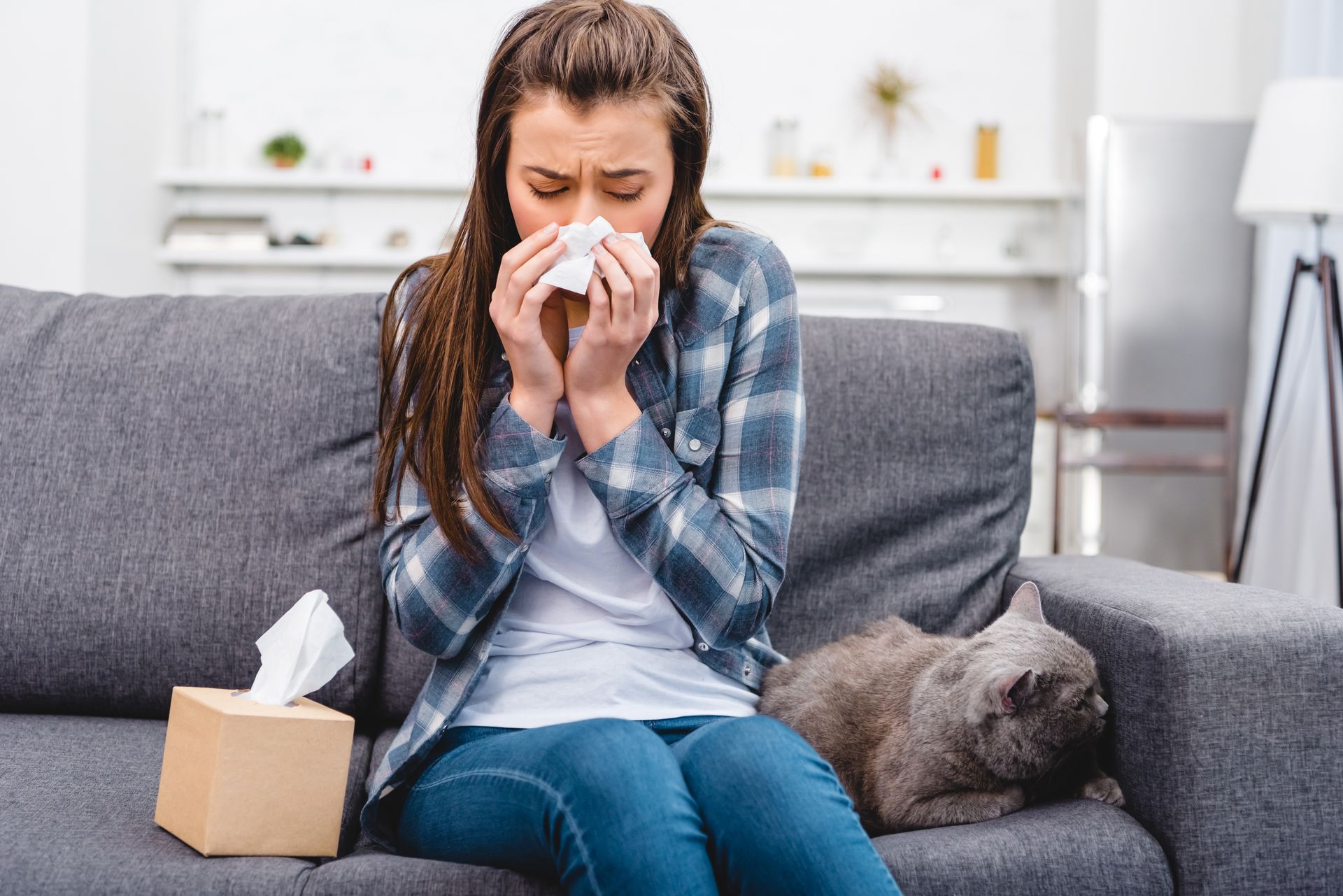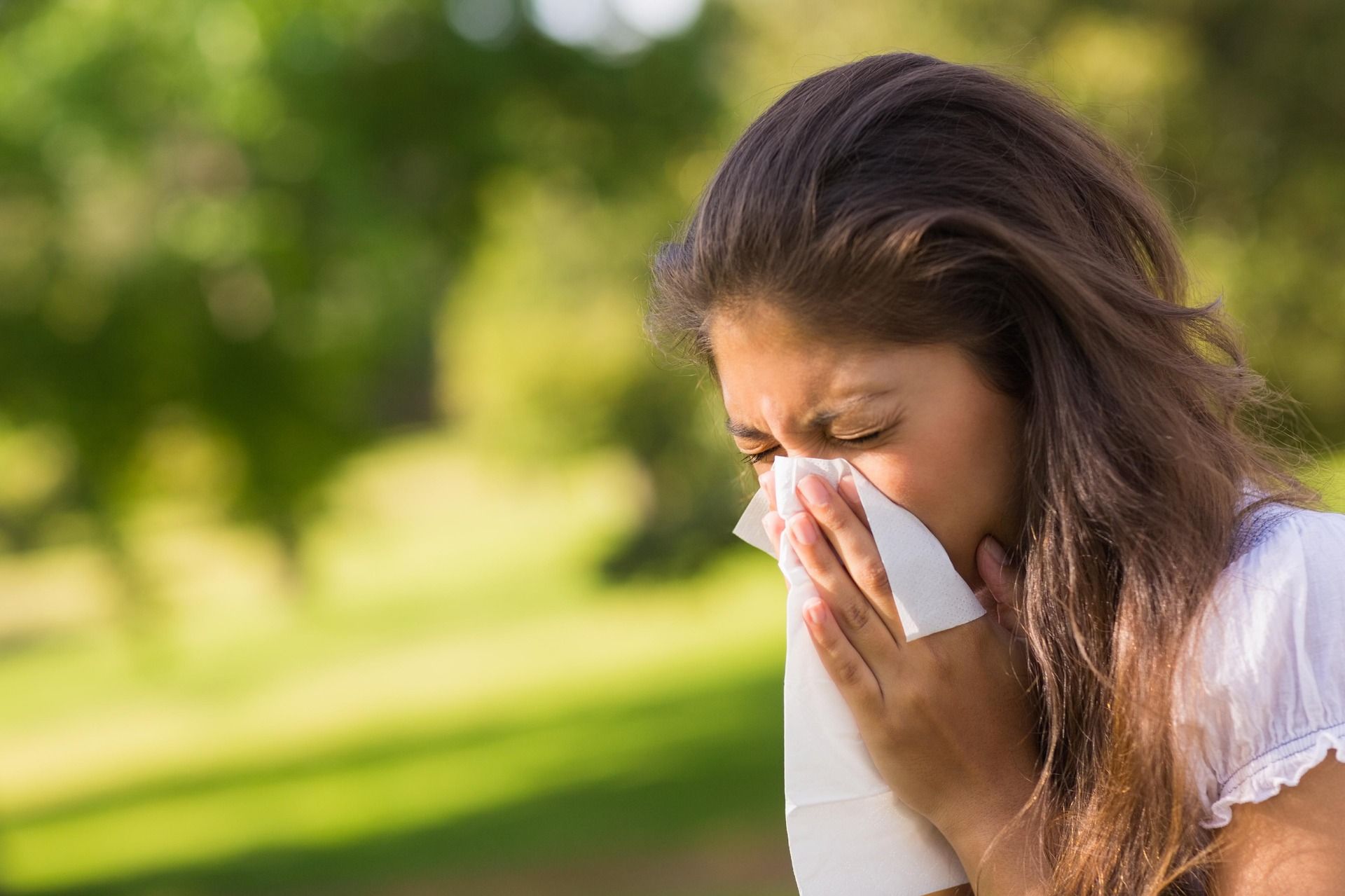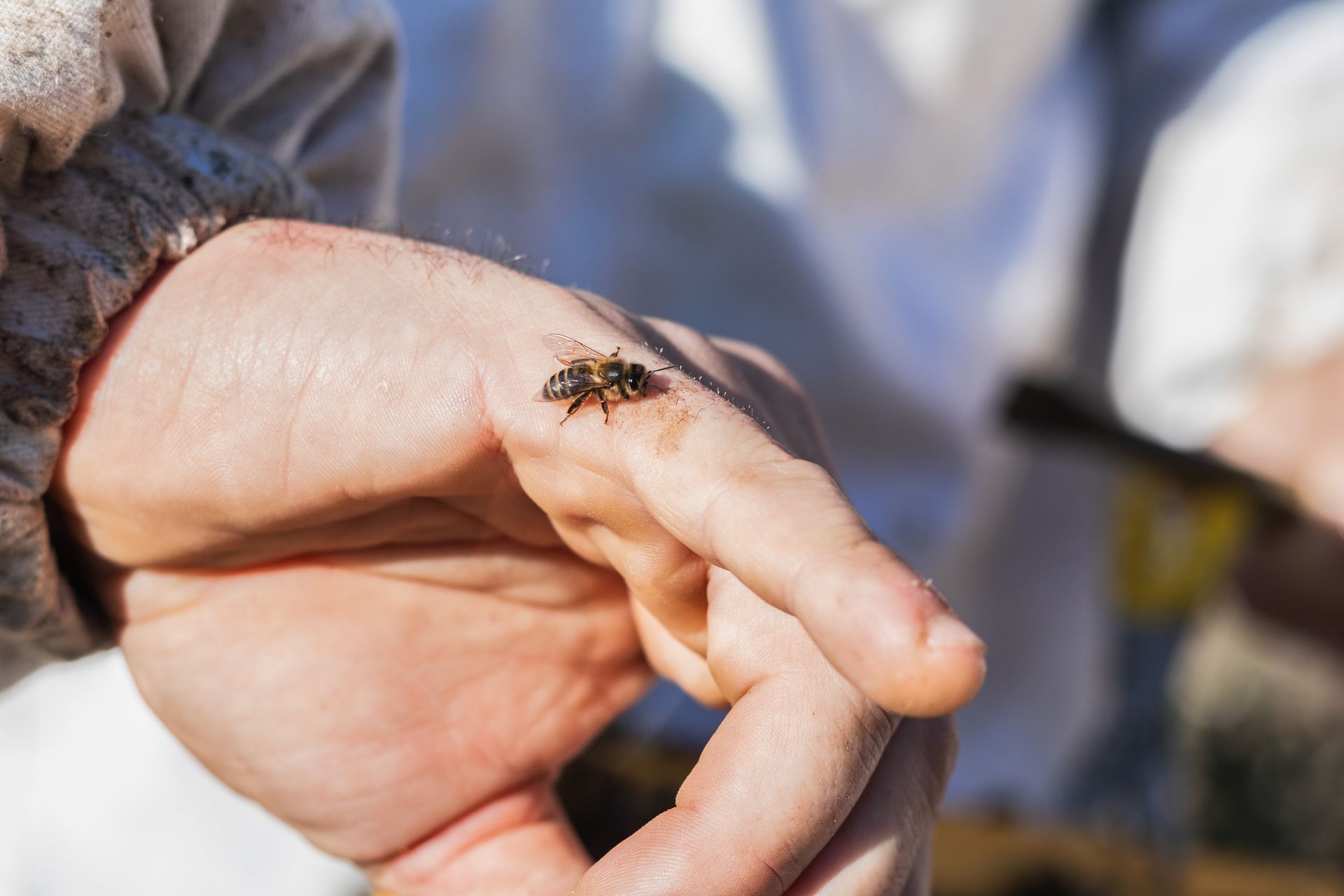
You’ve been yearning to bring home an animal companion for ages. Finally, you take the leap, adopting a cuddly ball of joy. But soon after, you experience sneezing fits, itchy eyes, and swelling. The dreaded realization sets in – you’re allergic to your new pet. If this scenario strikes a chord, you’re not alone. Many pet lovers find themselves in a similar predicament, torn between their affection for animals and the discomfort caused by allergies. That’s why we’re here to guide you through the maze of pet ownership in the face of allergies, offering insights to help you and your pet coexist comfortably and healthily.
Understanding Pet Allergies
Have you ever wondered why some pets trigger allergies while others don’t? Let’s uncover the science behind pet allergies to better understand your situation.
Why Do Some Pets Trigger Allergies?
When it comes to pet allergies, it’s not the fur that causes the trouble but the proteins found in pet dander, saliva, and even urine. These proteins, known as allergens, can provoke allergic reactions in sensitive individuals.
Contrary to popular belief, there’s no such thing as a completely
hypoallergenic breed. While some breeds may produce fewer allergens or shed less, no breed is entirely allergen-free. It ultimately boils down to individual sensitivity rather than the breed itself.
Identifying Symptoms of Pet Allergies
Now that we know how pet allergies work, it’s time to see whether or not your pet is causing your symptoms.
Pet allergy symptoms may manifest in various ways, including:
- Sneezing fits
- Persistent coughing
- Itchy, red, or watery eyes
- Skin rashes or hives
- Nasal congestion
- Shortness of breath or wheezing
It’s crucial to differentiate between pet skin allergies and other respiratory conditions like asthma, as the symptoms may sometimes overlap. Allergy experts, such as the allergists from
Asthma and Allergy Affiliates in Tampa, can provide you with an accurate diagnosis and personalized treatment, offering the confidence and reassurance you need.
Don’t let pet allergies dampen your love for your furry friends. Understanding pet allergies better and taking prompt action can help you establish a joyful and nurturing setting for yourself and your future pet. Recognizing the symptoms and consulting with experts can significantly improve the compatibility between you and your pets, even if you’re concerned about allergies.
Managing Pet Allergies

Strategies for Minimizing Exposure
Dealing with pet allergies can be challenging, so we rounded up some practical tips to help you minimize those pesky allergens. By applying these methods, you can establish a healthier setting for yourself and your prospective pet, allowing you to cherish your time together without constantly worrying about allergic reactions.
- Regular Vacuuming
Frequent vacuuming of your carpets, rugs, and furniture is one of the easiest and most efficient ways to minimize allergens in your home. Use a vacuum cleaner with a HEPA filter to effectively capture tiny allergen particles.
2. Invest in Air Purifiers
Consider purchasing a high-quality air purifier to significantly reduce the allergens from the air around you. Place them in rooms where you and your pet spend the most time to ensure clean, fresh air for both of you.
3. Designated Pet-Free Zones
Before adopting a pet, designate certain areas of your home as pet-free zones, such as your bedroom or the living room furniture. Consider these areas as safe, allergen-free havens, helping reduce your exposure to triggers.
4. Opt for Pet-Sitting at Home
When planning to go out of town, consider hiring a pet sitter who can care for your pet right in your home, where they will feel most comfortable. Not only will this reduce your pet’s stress levels, but it can also help lower allergen levels compared to boarding facilities.
5. Hypoallergenic Bedding and Grooming
Invest in hypoallergenic bedding for your pet’s sleeping area to minimize allergen buildup. Regularly grooming your pet helps decrease hair shedding and dander, preventing the dispersion of allergens in your home.
Exploring Allergy Medications for Pet Allergies
Minimizing allergen exposure is half the battle; finding effective medications to alleviate your symptoms when they occur is equally important. Here’s what you need to know about allergy medications for pet allergies:
- Antihistamines
This medication is the most common solution for allergic reactions, one that many allergy sufferers carry with them daily. Antihistamines help reduce itching, sneezing, and other allergy symptoms triggered by pet dander by blocking the effects of histamine, a substance released by the immune system during an allergic reaction. Popular over-the-counter pet allergy medicines include cetirizine, loratadine, and fexofenadine.
- Corticosteroids
Physicians might recommend corticosteroids for severe reactions to reduce inflammation and inhibit the immune system's response. Medications like prednisone may provide short-term relief from allergic symptoms, but long-term use may come with side effects. These medications are typically reserved for acute flare-ups or as a temporary solution.
- Immunotherapy
Your allergist may suggest immunotherapy, also known as allergy shots, for lasting relief from allergies. This treatment involves gradually administering tiny amounts of allergens to desensitize the immune system. Over time, immunotherapy can reduce the severity of allergic reactions to pet dander, offering profound relief for allergy sufferers.
Read More:
Immunotherapy for Allergies: Does It Work
Acquiring advice from an allergist is essential for personalizing treatment plans for your situation. When deciding on the best medication for you, our allergist will consider factors like your medical background, the severity of your condition, and your lifestyle.
Getting a Pet Allergy Test
Understanding the specific allergens triggering your reaction is crucial for effective management. Pet allergy testing plays a vital role in identifying your triggers and ultimately avoiding or minimizing them. Allergy tests allow for:
- Identification of Specific Allergens
Allergy testing can pinpoint the exact substances causing your allergic reactions. Whether it’s pet dander, pollen, or certain foods, knowing the specific allergens enables targeted treatment strategies.
2. Accuracy and Benefits of Testing
Two primary types of allergy tests that allergists use are intradermal and blood tests. Intradermal tests involve injecting small amounts of allergens under the skin to observe reactions, while blood tests measure the presence of allergen-specific antibodies. Both methods offer high accuracy and provide valuable insights into your sensitivities.
Read More:
The Importance and Benefits of Allergy Testing
Overcome Pet Allergies and Finally Bond with Pets!
To the heartwarming bond between humans and pets, allergies need not be a barrier. By understanding the nuances of pet allergies and implementing proactive measures, would-be pet owners like you can also enjoy the rewarding companionship that pets bring into people's lives. If you’re torn between bringing that cute puppy home and backing out because of your allergies, expert guidance is just a consultation away. Call us at 941-792-4151 or click the “Book an Appointment” button to connect. Take the first step toward a sniffle-free future and cherish every moment with your newfound friend.
Contact Us
Monday: 8AM–5:30PM
Tuesday: 8AM–5:30PM
Wednesday: 8AM–4:30PM
Thursday: 8AM–4:30PM
Friday: 7:30AM–4PM
Saturday: Closed
Sunday: Closed
Monday: 8AM–5:30PM
Tuesday: 8AM–5:30PM
Wednesday: 8AM–4:30PM
Thursday: 8AM–4:30PM
Friday: 7:30AM–4PM
Saturday: Closed
Sunday: Closed
Make an Appointment
Contact Us
We will get back to you as soon as possible.
Please try again later.
Contact Us
Tuesday:
- 9:00 a.m. - 12.30 p.m.
- 2:00 p.m. – 5:30 p.m.
Thursday:
- 8:00 a.m. – 11:30 a.m.
- 1:00 p.m. – 4:30 p.m.
Monday:
- 9:00 a.m. - 12.30 p.m.
- 2:00 p.m. – 5:30 p.m.
Wednesday:
- 8:00 a.m. – 11:30 a.m.
- 1:00 p.m. – 4:30 p.m.
Friday:
- 7:30 a.m. – 11:30 a.m.
- 1:00 p.m. – 4:00 p.m.
Make an Appointment
Contact Us
We will get back to you as soon as possible.
Please try again later.










